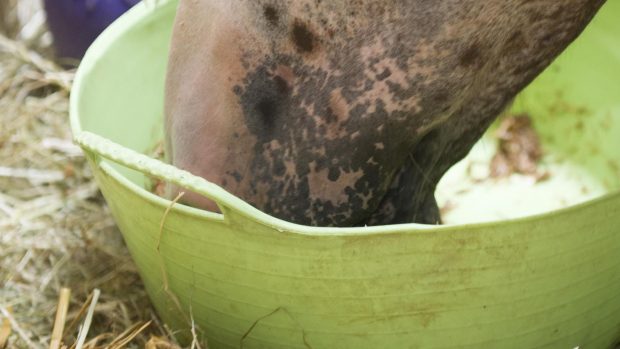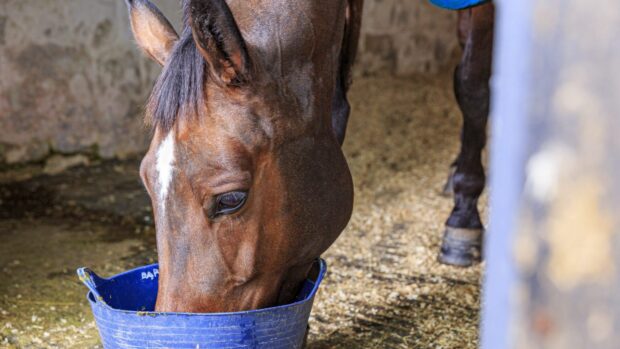Myth: “Bran is bad”
Truth: Not entirely, but it doesn’t have many plus points
Nutritionist Ruth Bishop says: “Bran used to be made differently in the past. Due to changes in the milling process the particles are smaller now. The fibre (12%) and energy supply is what has made bran so popular as a feed for days off and after hunting. In feeding it, you up the fibre supply, cut the starch and maintain a similar amount of energy in the diet. It is also tasty and great for tempting a tired or fussy horse.
“But bran, like other cereals, contains a high level of phosphorus and almost no calcium, which is not good. A horse needs about twice as much calcium as phosphorus. Feeding just bran on a day off also means a drastic cut in vitamins and minerals, just when a horse needs them for repair after exertion.
“If it’s a double handful in a fully nutritious feed, bran won’t do any harm. But a bran mash once a week is not recommended because there is a risk of colic associated with any sudden dietary change.”
Teresa Hollands adds: “I would not generally recommend bran. It has little nutritional value and is not easily digested, so it can absorb minerals, reducing their availability to the horse.
“Bran can be useful for older horses that suffer from impaction problems, as it has a laxative effect. But because of its inverse calcium to phosphorus ratio, the horse might need its calcium levels boosted, by feeding alfalfa, for example, which is rich in calcium.”
- This formed part of a feature in Horse & Hound’s feeding special (13 October, ’05)



